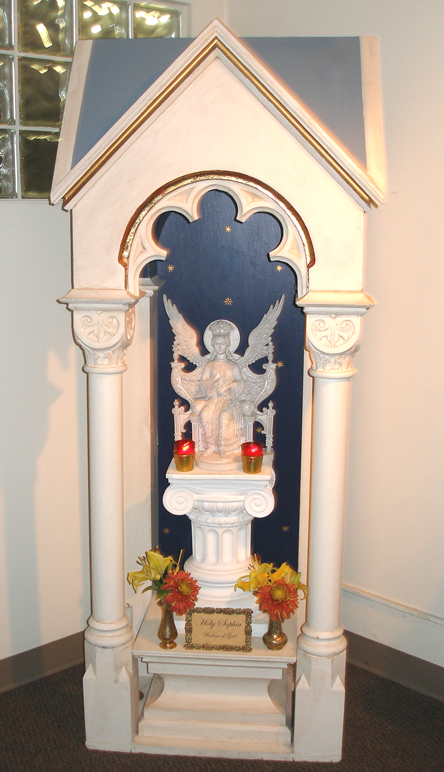Buttons*
Glass half Panda'd
I was in a class on Conspiracy Theories... (yeah, I know) and something came up as we were discussing a most loathed subject: Dan Brown's books. We discussed various things, but something the lecturer said caught my otherwise divided attention:
He said that Christians didn't like Gnostics because when Roman Pagans sacrificed Christians, and made martyrs out of them for not renouncing their God, Gnostics would say, "Just tell them what they want to hear, God knows your heart, and it does no good if we're all dead." - That because of this disagreement concerning doing what is right, the Christians killed off all the Gnostics when they got into power.
I wonder, is there any truth to that at all? I have no idea where he got it. I haven't read it anywhere. It does seem to make sense. But on the other hand, I'm having a hard time thinking that Christians would even remember Gnostics in a hateful way.... wouldn't they be more apt to destroy the actual monsters who were slaughtering them? (Romans) I don't know, but I'd like to see some input.
He said that Christians didn't like Gnostics because when Roman Pagans sacrificed Christians, and made martyrs out of them for not renouncing their God, Gnostics would say, "Just tell them what they want to hear, God knows your heart, and it does no good if we're all dead." - That because of this disagreement concerning doing what is right, the Christians killed off all the Gnostics when they got into power.
I wonder, is there any truth to that at all? I have no idea where he got it. I haven't read it anywhere. It does seem to make sense. But on the other hand, I'm having a hard time thinking that Christians would even remember Gnostics in a hateful way.... wouldn't they be more apt to destroy the actual monsters who were slaughtering them? (Romans) I don't know, but I'd like to see some input.



